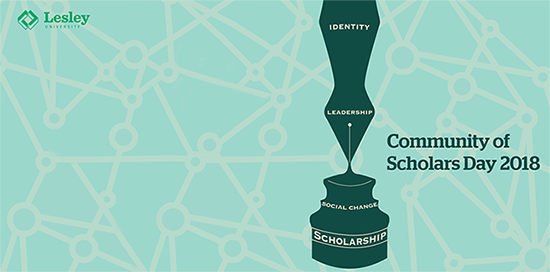Do it Yourself but Never Alone: Creating Social Change from Punk to Politics
Abstract
This presentation will use punk rock culture as a context within which to address the question of how decentralized social movements can focus the energy of concerned citizens on direct action and meaningful change-making. Goals of the presentation include: addressing how do-it-yourself (DIY) punk culture is engaging in social activism as a response to social injustice; demonstrating how punk is using the arts for social engagement; and providing an example of how punk can be a form of empowerment via radical education.
These points will be illustrated through the presentation of original qualitative research conducted by the presenter during a three-band punk tour in May and June of 2017. Through the use of visual and auditory examples from this research, the presenter will engage the audience in a conversation about the meaning and importance of the DIY ethos, which emerged from punk rock culture of the 1980s, as it relates to the development of grassroots leadership skills and preferred identities. Emphasis will be given to the inclusive, action-oriented, communal orientation imbued in punk that enable it to engage adolescents and adults alike in more than just a genre of music.
Start Date
28-3-2018 10:10 AM
End Date
28-3-2018 11:00 AM
Presentation Type
Paper
Disciplines
Civic and Community Engagement | Other Music | Politics and Social Change
Creative Commons License

This work is licensed under a Creative Commons Attribution 4.0 License.
Full Text of Presentation
wf_yes
Do it Yourself but Never Alone: Creating Social Change from Punk to Politics
U-Hall 3-101
This presentation will use punk rock culture as a context within which to address the question of how decentralized social movements can focus the energy of concerned citizens on direct action and meaningful change-making. Goals of the presentation include: addressing how do-it-yourself (DIY) punk culture is engaging in social activism as a response to social injustice; demonstrating how punk is using the arts for social engagement; and providing an example of how punk can be a form of empowerment via radical education.
These points will be illustrated through the presentation of original qualitative research conducted by the presenter during a three-band punk tour in May and June of 2017. Through the use of visual and auditory examples from this research, the presenter will engage the audience in a conversation about the meaning and importance of the DIY ethos, which emerged from punk rock culture of the 1980s, as it relates to the development of grassroots leadership skills and preferred identities. Emphasis will be given to the inclusive, action-oriented, communal orientation imbued in punk that enable it to engage adolescents and adults alike in more than just a genre of music.



